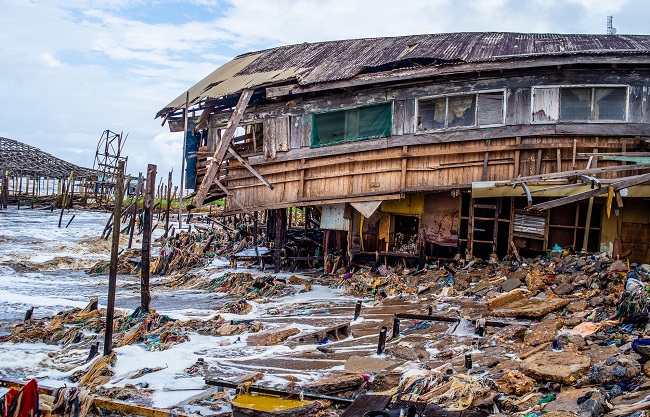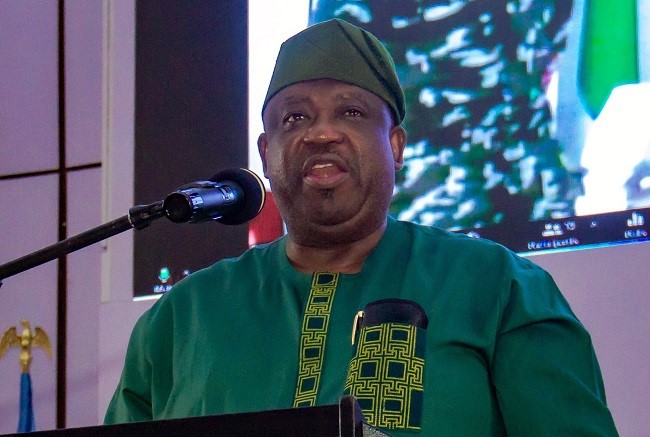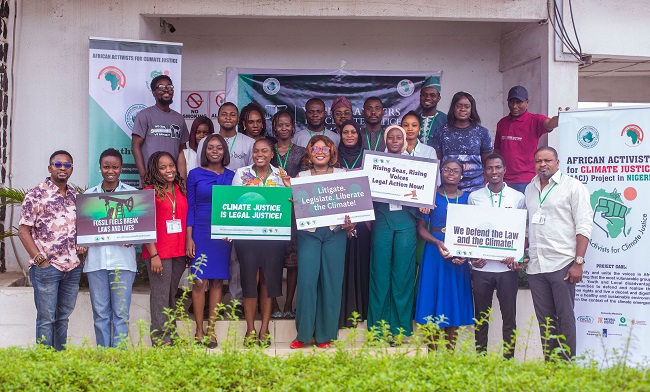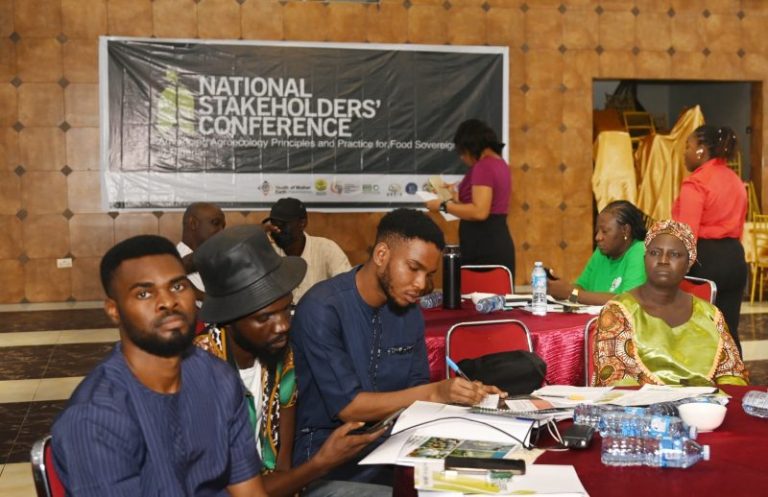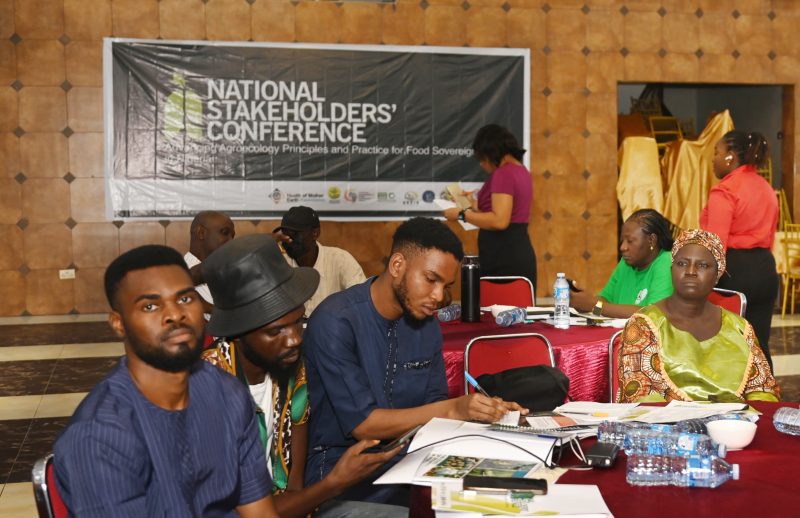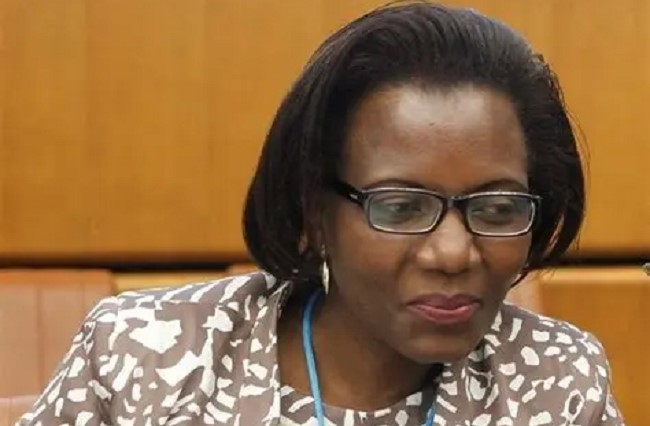In a rare collective intervention, more than 60 global experts publish open letters demanding a binding UN plastics treaty grounded in science, justice, and bold political will
With the final round of UN negotiations on a global plastics treaty fast approaching, a group of over 60 leading scientists from around the world has issued an urgent call for governments to agree on ambitious, enforceable action to tackle plastic pollution, such as reducing plastic production and prioritising human health.
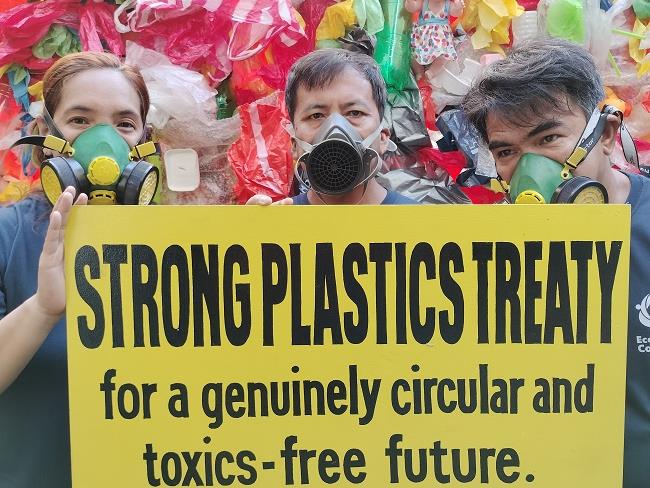
The letters, published on Tuesday, July 28, 2025, in Cambridge University Press journal Cambridge Prisms: Plastics in the run-up to the resumed session of the Intergovernmental Negotiating Committee (INC-5.2), warn that the plastics crisis has become a defining environmental, health, and social justice issue of our time.
“This is not just a call for action, this is the scientific community bearing witness,” said Professor Steve Fletcher, Editor-in-Chief of Cambridge Prisms: Plastics and Director of the Revolution Plastics Institute. “We’ve watched the evidence pile up for decades. This treaty is a test of whether the world is prepared to govern plastics in a way that reflects the scale and urgency of the crisis.”
The authors argue that the stakes at INC-5.2 could not be higher: this is the world’s best opportunity to secure a binding agreement that tackles plastic pollution across its entire lifecycle.
The open letters provide a coherent evidence-based roadmap for treaty negotiators. Key demands include:
- Legally binding targets to cap and reduce plastic production. Phase-out of toxic additives and chemicals in plastics.
- Global health safeguards to protect human health. Structural inclusion of affected communities in treaty design and implementation – especially Indigenous Peoples, informal waste workers, and fence line communities.
- Independent scientific oversight insulated from corporate lobbying and greenwashing.
- Robust financing and compliance mechanisms to ensure treaty enforcement and support for low-and middle-income countries.
Many letters warn that low-ambition countries and industry lobbying risk derailing progress. The politicisation of science in treaty negotiations is another central concern raised in the letters.
Several contributors warn that without the meaningful inclusion of those most affected by plastic pollution, the treaty will fall short. They call for the structural involvement of Indigenous Peoples, small island states, women, young people, informal waste workers, and residents of pollution hotspots, not as afterthoughts, but as key voices in setting the agenda and shaping implementation.
Professor Max Liboiron, Department of Geography, Memorial University, Canada, said: “The current draft of the Global Plastics Treaty falls short by excluding Indigenous Peoples from decision-making roles while incorporating their knowledge in ways that are disconnected from their rights. This is not simply a call for “inclusion”; it is a call for governance infrastructure.”
Professor Tony Walker, School for Resource and Environmental Studies, Dalhousie University, Canada, said: “Subsidies and inadequate pricing of externalities have a major role in sustaining the current linear plastic economy, and thus preventing a needed transition towards a more circular economy, which focus on reducing consumption of plastics, phasing out single use plastics and provide a pathway towards a more regenerative and restorative plastic economy.”
The letters highlight the mounting evidence that plastic pollution is a health crisis. Microplastics and nanoplastics have been found throughout the human body. These exposures disproportionately affect vulnerable populations, including Indigenous Peoples, waste workers, fence line communities, women, and children, groups who are least protected by regulation and often excluded from decision-making forums.
Dr Cressida Bowyer, Deputy Director of the Revolution Plastics Institute at the University of Portsmouth, said: “There is clear and growing evidence that plastic poses serious risks to human health. Yet the approach to health protection in the treaty still hangs in the balance. In order to operationalise the global plastics treaty objective to “protect human health and the environment from plastic pollution” the treaty must directly address human health impacts in the core obligations of the treaty.”
The authors call for cumulative risk assessment, exposure monitoring, and transparent chemical regulation. They remind negotiators that the costs of inaction are not abstract, but can be counted in cancers, reproductive harms, and respiratory conditions.
Susanne Brander, Associate Professor, Oregon State University, USA, said: “Incorporating strategic and robust global controls on hazardous chemicals in the plastic treaty is essential to protect human and environmental health, reduce societal costs, and ensure safer and more sustainable plastic chemicals and products. Chemicals of concern are currently intrinsic to plastics and largely unregulated.”
Others argue that trade remains a largely overlooked yet indispensable element in shaping an effective and equitable agreement. Trade, spanning plastic feedstocks, resins, products, and waste, forms the connective tissue of the plastics economy and must be embedded in the treaty’s architecture.
Professor Maria Ivanova, Northeastern University, USA, said: “To be effective, the global plastics treaty must address the real world architecture of the plastics economy, where trade is the connective tissue. At INC-5.2, negotiators must seize the opportunity to design a treaty that is both environmentally ambitious and structurally sound. Trade must be reimagined as a tool for transformation. If trade is the connective tissue of the plastics crisis, it must also be part of the cure.”
An ambitious treaty has backing from over 100 countries. Yet INC-5.2 arrives after prolonged delays, consensus deadlock, and obstruction by a handful of low-ambition states. The letters argue that the treaty’s credibility and effectiveness now hinge on political courage, not scientific uncertainty.
“The scientific consensus is clear,” added Professor Fletcher. “The only question is whether governments will respond. This treaty could be transformative but only if it avoids the traps of voluntary commitments and techno-fixes. This is the world’s last chance to act boldly.”

